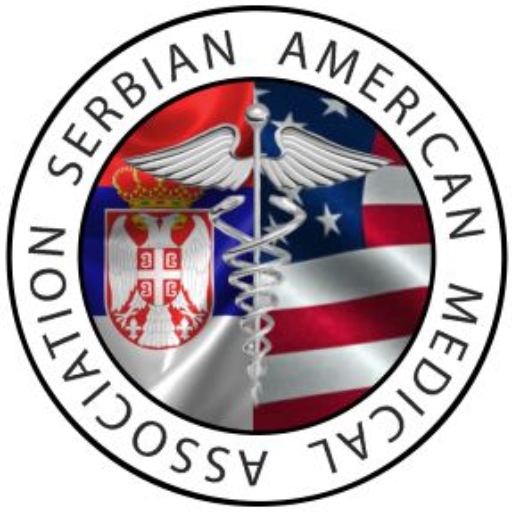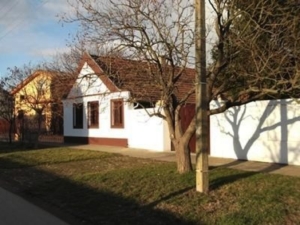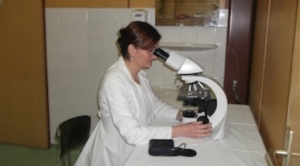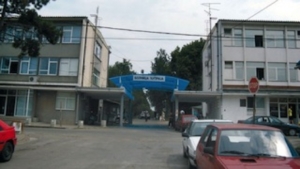Trip to Serbia
Report by Dr. Ivan Aksentijevich
January 2014
Between January 13th and January 22nd, I visited five cities, and several health centers/hospitals throughout Serbia. I met many people, including medical students, physicians, faculty and journalists. I completed the registration of SAMA as a humanitarian organization in Serbia, visited the offices of “Srbi za Srbe” a not-for-profit humanitarian organization, and met people from “Communis” an international public relation firm. SAMA appeared on four TV shows, including Studio B TV, SkyPlus TV, Happy TV, and was interviewed by “Večernje Novosti”, a daily national newspaper. SAMA did not incur any expense for this trip.
In the villages of Mali Iđoš, Lovćenac and Feketić, the only existing Health Center serves the medical needs of a population of 13,000. I was hosted by Dr. Tibor Deak, the institution director and Dr. Olga Perović, a wonderful and dedicated young gynecologist who is also certified in cytology. Every year, Dr. Perović single handedly performs screening for cervical and breast cancer on more than 4000 women.
In addition to many other medical services, Dr. Perović also monitors the pregnancy of about 150 mothers each year. She did not have the ability to do fetal monitoring and potentially help prevent stillbirths. In a country where the population growth rate is -4.9 per 1,000, improving the natality rate and decreasing the infant mortality is of national importance.
In Ćuprija, Dušica Zdravkovic, R.N., took me on a tour of the Hospital Center. I was very impressed by their Director, Dr. Miroslav Stojanović, a very energetic and charismatic gentleman. I was also introduced to Dr. Slavica Ilić Djordjević, the head of blood banking and transfusion.
Dr. Ilić Djordjević impressed me as a very knowledgeable and passionate physician, who with very limited financial and technical support manages successfully a department that provides the transfusion needs for a population of more than 40,000 people. What seemed to be limiting her ability to provide a good service was the lack of adequate and safe storage for blood products.
In Belgrade and Kragujevac, I visited their respective medical schools and clinical centers. I met with student organization representatives and faculty members. We reviewed the up-coming SAMA medical student observership program. SAMA received an open invitation for any US medical student or doctor who wishes to visit or provide consultation.
Observations:
1) The majority of physicians appeared knowledgeable and well trained. However the poor economic situation in the country, coupled with unethical behavior of some, has led to high level of corruption and decreased enthousiasm among medical professionals. Many physicians seem to have forgotten the reason why they went into medicine.
2) In general, I found that physicians are not accessible to patients, supporting staff and even colleagues.
3) While many hospitals and health centers have state of the art equipment, there are still a lot of place where the infrastructure and equipment is below standard or simply does not exist. This is especially true in the rural areas.
4) Access to health care in rural areas is poor.
5) Screening for cervical, breast, colon and prostate cancer is poor across the country.
6) Specific population of patients such as the mentally disabled, HIV/AIDS, senior or dying appear to be neglected.
7) Serbia lacks a national bone marrow or organ donor program.
8) Tobacco use and alcohol consumption has reached alarming levels.
9) There is a lack of cooperation between good-will organizations.
Respectfully submitted,
Dr. Ivan Aksentijevich








